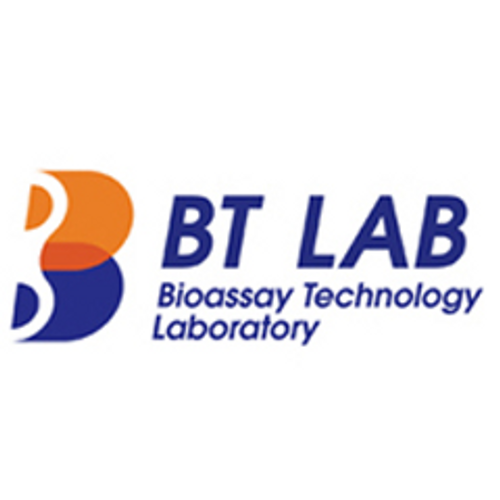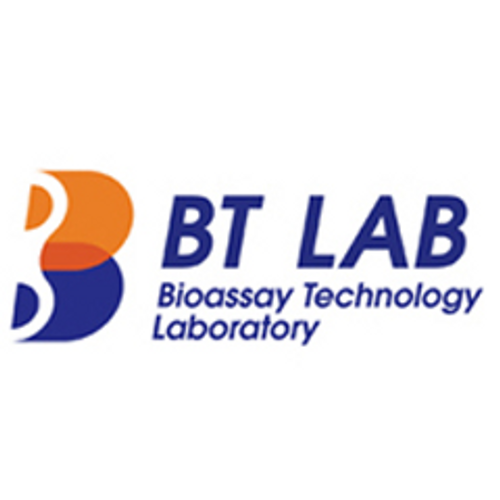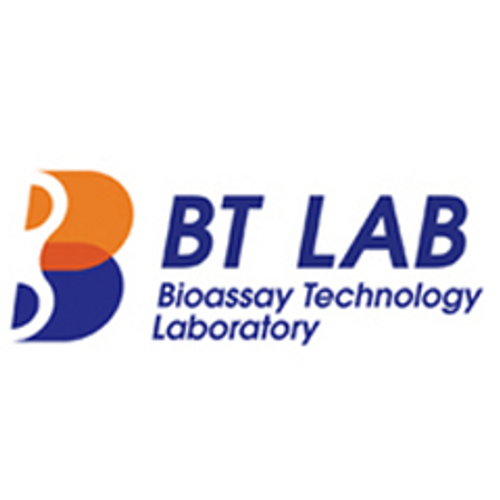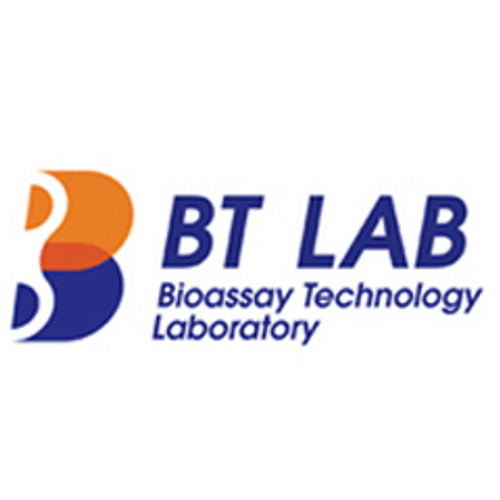Product Description
Human Receptor for advanced glycation end products (RAGE/AGER) ELISA Kit | AE24242HU | Abebio
Species Reactivity: Human (Homo sapiens)
Abbreviation: AGER
Alternative Name: DAMA-358M23.4; MGC22357; RAGE; receptor for advanced glycosylation end-products
Application: ELISA
Range: 78.1-5000 pg/mL
Sensitivity: 19.5 pg/mL
Intra-Assay: ≤4.8%
Inter-Assay: ≤7.3%
Recovery: 0, 94
Sample Type: Serum, Plasma, Other biological fluids
Detection Method: Sandwich
Analysis Method : Quantitive
Test Principale: This assay employs a two-site sandwich ELISA to quantitate AGER in samples. An antibody specific for AGER has been pre-coated onto a microplate. Standards and samples are pipetted into the wells and anyAGER present is bound by the immobilized antibody. After removing any unbound substances, a biotin-conjugated antibody specific for AGER is added to the wells. After washing, Streptavidin conjugated Horseradish Peroxidase (HRP) is added to the wells. Following a wash to remove any unbound avidin-enzyme reagent, a substrate solution is added to the wells and color develops in proportion to the amount of AGER bound in the initial step. The color development is stopped and the intensity of the color is measured.
Product Overview: RAGE, the receptor for advanced glycation endproducts is a 35kD transmembrane receptor of the immunoglobulin super family which was first characterized in 1992 by Neeper et al.. Its name comes from its ability to bind advanced glycation endproducts (AGE), a heterogeneous group of non-enzymatically altered proteins. Besides AGEs, RAGE is also able to bind other ligands and is thus often referred to as a pattern recognition receptor.The interaction between RAGE and its ligands is thought to result in pro-inflammatory gene activation. Due to an enhanced level of RAGE ligands in diabetes or other chronic disorders, this receptor is hypothesised to have a causative effect in a range of inflammatory diseases such as diabetic complications, Alzheimer's disease and even some tumors.
Stability: The stability of ELISA kit is determined by the loss rate of activity. The loss rate of this kit is less than 5% within the expiration date under appropriate storage condition. The loss rate was determined by accelerated thermal degradation test. Keep the kit at 37°C for 4 and 7 days, and compare O.D.values of the kit kept at 37°C with that of at recommended temperature. (referring from China Biological Products Standard, which was calculated by the Arrhenius equation. For ELISA kit, 4 days storage at 37°C can be considered as 6 months at 2 - 8°C, which means 7 days at 37°C equaling 12 months at 2 - 8°C) .
 Euro
Euro
 USD
USD
 British Pound
British Pound
 NULL
NULL












